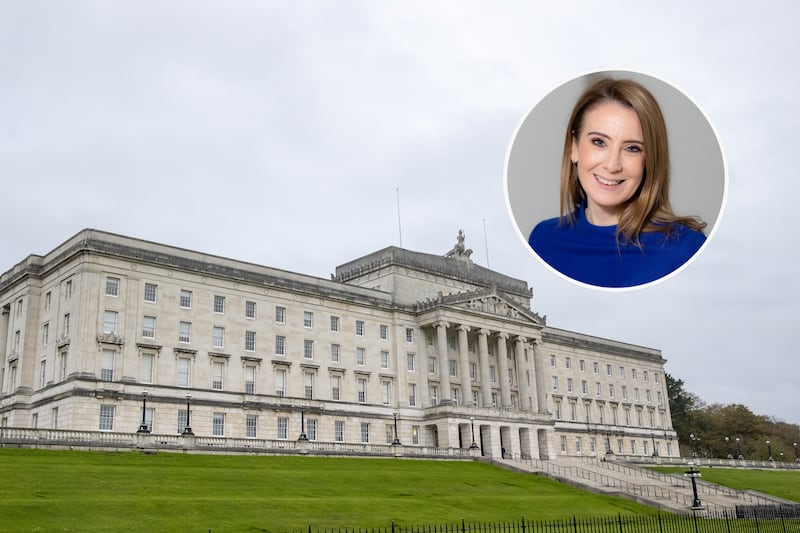BREXIT uncertainties are expected to contribute to a slowdown in Northern Ireland economic growth until 2020 it has been predicted.
In its summer forecast accounting giant EY (Ernst and Young) has predicted a tough period ahead for people in the north with growth forecast at 1.1 per cent for 2017 and falling to 0.8 per cent in 2018 as a result of leaving the EU, inflationary pressures and an ongoing tight public spending environment.
While it does predict recovery late in the decade, with 1.4 per cent forecast for 2020, this is a revision of EY's winter 2016 forecast of 1.7 per cent growth, reflecting the uncertainty facing the economy.
Employment is also expected to fall at the end of the decade with a decline of 3,500 on the back of heightened consumer pressures and continued austerity.
Job losses are forecast to continue in public administration and defence with a further fall of 4,000 projected, and manufacturing, which has performed well recently, is expected to lose a similar number by 2020 according to EY. There is however an opportunity for the manufacturing sector post-Brexit, if the north can position itself as a bridge for the Republic of Ireland’s UK market access across the border the accountancy experts say.
EY further warns that inflationary pressures in Northern Ireland will erode nominal average salary increases of 2.5 per cent to 2020 which, given higher inflation on the back of a weaker currency, may mean falling levels of pay in real terms for many people.
The report says uncertainty over the lack of a Stormont Executive remains a concern, but the potential to leverage influence at Westminster could present opportunities to ease austerity pressures and gain new economic development powers.
Head of markets for EY Ireland Michael Hall said the true impact of Brexit is not yet known for the Northern Ireland economy, but it was not all doom and gloom.
"In the period since the vote, Northern Ireland has performed well with a weaker currency boosting exporters and fears over a confidence crisis proving ill-founded. However, the real Brexit process is only just beginning and is likely to be fairly bumpy, and although it makes clear economic sense to arrive at a sensible trade arrangement, that cannot be assumed,” he said.
Putting aside the uncertainty created by Brexit and recent European elections, EY Economic Eye finds that the all island economy is expected to grow, with total employment across the island of Ireland set to increase by 29,000 jobs in 2017.






